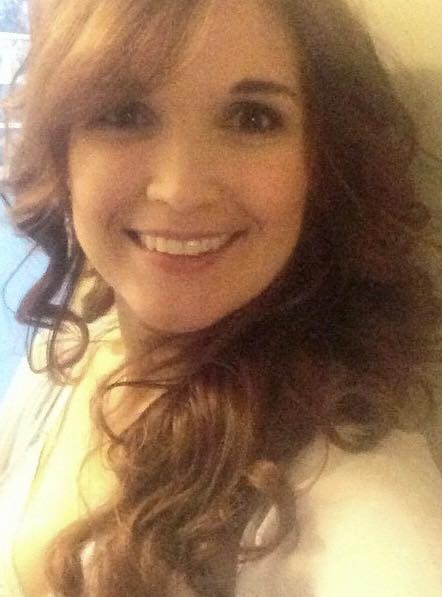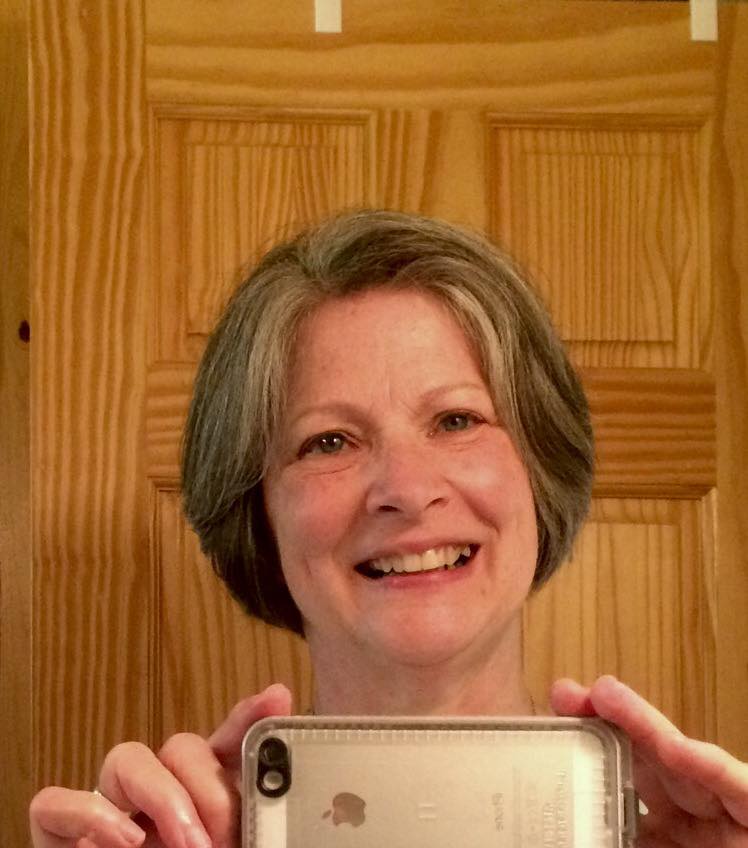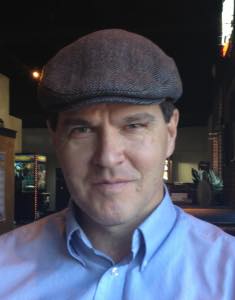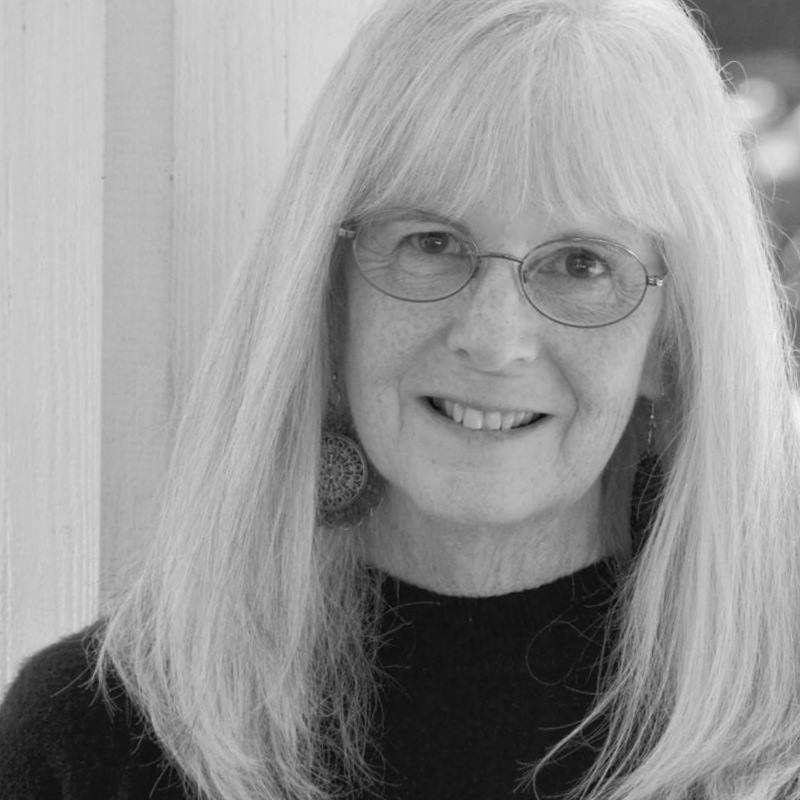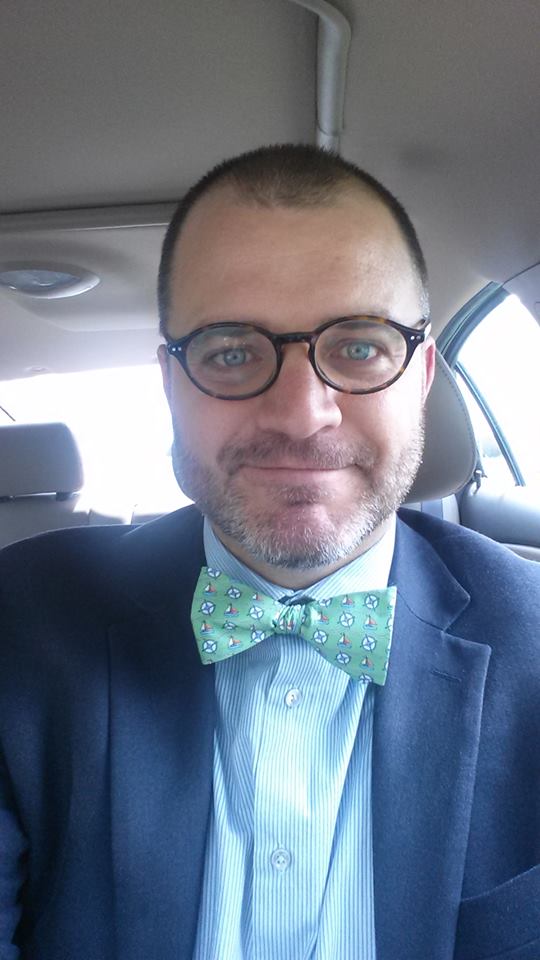Like most book nerds, I used to daydream about teaching college literature. However, over the past five years, I've found something even better -- teaching high school juniors and seniors in a classical school.
The kids I get to teach are more prepared and responsible than most college freshmen, and since many of my students have grown up alongside my own children, they tend to feel kind of like family.
An added bonus is that teenagers are some of my favorite humans. I love the sorts of questions kids ask at this age, and I love being in their lives daily during that last stage of their launch into the adult world.
Even better, of all the teenagers on the planet, I somehow landed those with the biggest hearts and brightest minds. You need to keep an ear out for my students, see? These people are going to change the world.
For so many reasons, I love my job. I believe in what we do here big picture, I believe in our leaders, and I believe in where we are headed as we grow.
However, until this year, there was one barrier to my work that kept me from performing at the top of my game. For four years, I was a mobile teacher who had to cart books and supplies from floor to floor, rushing between classes so that I could give the next lecture at the next hour's bell.
If you have never been a teacher, you might not realize how difficult this sort of getup is, so let me fill you in on the details. There wasn't a quiet place I could work before school to get things ready for my classes, nor was there a place I could catch up after hours and prepare for the next day. Collecting papers was always complicated. (Where do you organize the stacks of research papers and quizzes when you don't have a landing place?) Distributing and collecting books was a challenge.
I also had to limit my lesson plans to what could be ported, set up, and unpacked in a matter of seconds. For some classes - maybe a class that centers around a single book - that sort of adaptability might be doable. Teaching the humanities, however, involves many different books, movies, illustrations of all sorts.
Finding a computer that worked was also a regular chore. It wasn't uncommon for planning that had taken me 30 minutes or an hour of hard mental labor to just disappear. When the computer system would freeze, I would have to rush to rewrite the whole of what I had already created, and of course rushed work is full of errors and gaps.
Taking attendance in different rooms takes a chunk out of the few minutes you have to set up for your class. As I slid in the door after weeding through dozens of teenagers in the hallways, I would have to remember to log onto a computer, open a program with a password, and click through several screens before spreading out notes or any diagrams that I had created for the day.
Those things made teaching hard.
It's a testimony to how much I love this place that almost every single day I was here, I was happy. Yes, I was tired. Yes, I felt behind. Yes, I felt irresponsible when I didn't get all the boxes checked. But I kept thinking that most of what I couldn't finish was my own fault.
For four years, I beat myself up when I missed details, and by the end of each day, I was just so weary. Because I'd never had any other situation in which to teach, I assumed everybody felt this way.
Then, out of the blue, I got a room.
No. I didn't just get "a room," I got the perfect room... a room with a window that looks out onto a little pond and a cow pasture. I got this particular room because one of my beautiful coworkers sneaked off to administration without my knowledge and convinced them to give me HER room. She did this because she knows how much I love natural light, and she wanted me to be able to work in it. (Guys, teachers don't do this stuff for each other. That's the kind of school this is. I'm telling you, it's a special place.)
When I realized what she had done, I fought her on it, but she insisted -- and now I have been teaching in a perfect, perfect classroom for an entire week.
Suddenly I have a place for everything. I have a computer that works. I have a printer that works. I have the quiet I need to focus on the difficult subject matter I have been given. I have space to prepare space for my students. I have every single resource I could want to organize and to plan.
And let me tell you, teaching now is a whole different world. I suddenly feel like I'm in my groove, made to do exactly this right now with these students.
Teaching is still difficult, of course. I still don't sleep enough at night, and trying to write a book while maintaining a house and a full time job doesn't leave much time for extras.
Even inside this perfect classroom, there's no easy way to help eleventh graders plug through Aristotle. This is difficult reading, no matter what. It's hard to teach a kid how to improve an essay -- hard to to help a student who has never liked reading plug through Jane Austen.
However, the big difference now is that I can spend time and effort doing what should be challenging as a teacher. I can focus on grading paragraphs with intentionality, preparing lectures, and making sure my lesson plans are in order. I suddenly realize how some of the teachers I work with were doing what they were doing all along.
But there's more. Now I want to tell you how this experience of abundance is changing the way I interpret some of my students.
I've always loved these kids, and I've always wanted to see them win in my class; however, it's sometimes difficult for me to see how their back stories impact their work. I don't know which students are managing a parent with depression, or who feels shaken because their home is driven by constant financial strain. I don't know who couldn't sleep last night because they found out a parent is having an affair.
I don't know which of my students have good lighting for doing their homework, or computers that work, or access to resources that they need. I don't know which students are working minimum wage from 3:30 - 11:30, then trying to finish complex assignments before grabbing three hours of sleep. I don't know which of the girls who try to wear too-short skirts have a family dynamic that would make attention seeking make sense if I could look through their eyes. When I stand in front of the class and collect papers, I can't tell that some of these students are having to labor twice as hard for half the results.
I can't see the values of their families. I can't tell which parents make a sit down dinner for a peaceful evening together, or who is warming up a pot pie in the microwave. I don't know which students have parents with degrees that allow them to help with Calculus, and which parents had to stop helping with homework in eighth grade. I don't know which of them are watching passive fathers disengage, or which have bitter mothers who poison the air of their homes. I don't know which kids are trying to complete difficult, thoughtful work in a crowded apartment with a television blaring 24/7.
There's so much talk these days about owning our own responsibilities, and there needs to be talk like that. It is not only deeply dangerous, but also insulting to insinuate that disadvantaged people cannot rise above their limitations.
Politicians with greedy motives tend to throw around dialogue about "advantage" for political ends, suggesting policies that will benefit nobody but themselves. In fact, some of those politicians tend to want to feed dependency and disadvantage so that they can continue to trade government candy for votes.
However, it's also important to realize that disadvantage is real. While it can be overcome, and while it should be overcome, people facing challenges should be encouraged instead of dismissed with disgust or blame. Walking uphill is hard.
I have known this for a long time, but I'm finally living it. I am finally realizing that if this one simple thing -- having an adequate work space -- can renovate my life so much, what about those thousands of people who don't have the basic essentials?
A good night's rest. Feeling safe enough to take a walk around the neighborhood. Having enough money to buy healthy food. A reliable car.
Parents who don't hit you. A healthy brain. Rest without fear. There are at least some people around me don't have those things.
Secondly, this shift in my workspace has also helped me look back at my own past a little differently, particularly those years when I was a young mother, sleep deprived. Particularly those years when I was trying to homeschool. Particularly those years when I was trying to be a pastor's wife, and when I tried to do impossible things and failed in a thousand ways, because there simply wasn't enough of something I needed to succeed.
For years as a Christian, I've been kind of haunted by the "I can do all things through Christ who strengthens me" verse, as if every failure of performance were also some sort of failure of faith. However, in doing this, I have blurred some lines between holiness and humanness.
Yes, Jesus said that with faith the disciples could tell a mountain to move. But just a few verses later, he also tells them that the Son of Man would be delivered into the hands of men and be killed. Success in God's eyes doesn't always look like hitting a home run.
In fact, that promise for provision falls into the context of ministry advice. The main point of this passage isn't that the disciples would be perfect or even fabulous, but that efforts to do the work of God without dependence upon God was futile.
And if you know the rest of the story, you know how these disciples would learn their limitations, too. They didn't pop around the holy land zapping out miracles like Hogwarts wizards; they would be hungry, and abused, and discouraged, and they would make terrible mistakes.
In their own ways, they would find the end of their own abilities. They would learn what they couldn't do as well as what they could -- and they would find that grace was sufficient. In fact, in Paul's case, his limitations were used to teach him that very lesson.
Maybe a new classroom is a strange way for me to learn this lesson, but I can't help but think about this stuff as I move through my day. In my season abundance, I am looking back into my many seasons of lack, and I am starting to interpret my life a little differently. A little less condemnation for myself. A little more tenderness. Permission to reboot some conclusions I'd drawn about and start to find new names to exchange for the old ones.
More importantly, this realization is forcing me to apply some of that same tenderness to others in the world who might not have resources they need this year to thrive.
















































